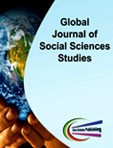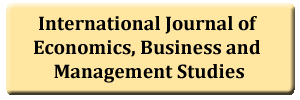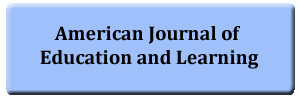Language Learning Strategies Use and Challenges Faced by Taiwanese EFL Learners
DOI:
https://doi.org/10.20448/807.6.2.64.72Keywords:
Language learning strategy, Learning motivation, Learning achievement, Reading difficulty, Vocabulary bank., EFL.Abstract
Because of the effect of the globalization, Taiwanese EFL junior high school students are forced to learn English well in order to pass the senior high school entering exam. This study aimed to investigate the language learning strategy preference of Taiwanese EFL junior high school students, the correlation between language learning strategy and language learning motivation, and the students’ reading difficulties. In this research, twenty-five Taiwanese EFL junior high school students are asked to fill out the questionnaires about language learning strategy and language learning motivation. The findings presented Taiwanese EFL junior high school students preferred to use cognitive strategy, metacognitive strategy, and social strategy. The similarities of these three strategies are that students preferred doing more exercises or drills, practicing with peers or native speakers to improve their language learning abilities. On the other hand, the correlation between language learning strategy and language learning motivation is medium. It means if the students make good use of these language learning strategies, it will increase their self-confidence and learning achievement, and stimulate their learning motivation. At the same time, no matter what level of reading achievement the students are, they were lack of vocabulary bank and the background of the grammars and syntax. The application of language learning strategy will not only enhance learning achievement or motivation but also help them build vocabulary bank. Thus, language learning strategy is a significant and useful tool for EFL learners.





